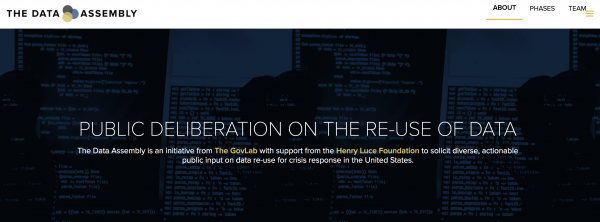Report for the European Parliament: “A vast range of AI applications are being implemented by European industry, which can be broadly grouped into two categories: i) applications that enhance the performance and efficiency of processes through mechanisms such as intelligent monitoring, optimisation and control; and ii) applications that enhance human-machine collaboration.
At present, such applications are being implemented across a broad range of European industrial sectors. However, some sectors (e.g. automotive, telecommunications, healthcare) are more advanced in AI deployment than others (e.g. paper and pulp, pumps, chemicals). The types of AI applications
implemented also differ across industries. In less digitally mature sectors, clear barriers to adoption have been identified, including both internal (e.g. cultural resistance, lack of skills, financial considerations) and external (e.g. lack of venture capital) barriers. For the most part, and especially for SMEs, barriers to the adoption of AI are similar to those hindering digitalisation. The adoption of such AI applications is anticipated to deliver a wide range of positive impacts, for individual firms, across value chains, as well as at the societal and macroeconomic levels. AI applications can bring efficiency, environmental and economic benefits related to increased production output and quality, reduced maintenance costs, improved energy efficiency, better use of raw materials and reduced waste. In addition, AI applications can add value through product personalisation, improve customer service and contribute to the development of new product classes, business models and even sectors. Workforce benefits (e.g. improved workplace safety) are also being delivered by AI applications.
Alongside these firm-level benefits and opportunities, significant positive societal and economy-wide impacts are envisaged. More specifically, substantial increases in productivity, innovation, growth and job creation have been forecasted. For example, one estimate anticipates labour productivity increases of 11-37% by 2035. In addition, AI is expected to positively contribute to the UN Sustainable Development Goals and the capabilities of AI and machine learning to address major health challenges, such as the current COVID-19 health pandemic, are also noteworthy. For instance, AI systems have the potential to accelerate the lead times for the development of vaccines and drugs.
However, AI adoption brings a range of challenges…(More)”.

